About
Despite the potential benefits of a coastal location, many port and coastal towns and cities are run-down, unattractive and underperform in economic and social wellbeing terms. Widespread factors include a poor built environment, derelict industrial and other legacy sites, the decline in traditional tourism and the poor connectivity to the waterfront. Rising sea levels and coastal erosion pose further major challenges. All this demands innovation in rethinking and making our coastal towns and ports more resilient. These issues are common to port and coastal cities and towns all around the UK, transcending simplistic north/south or east/west divisions.

The infrastructure for Port cities And Coastal Towns network – iPACT – aims to identify people-focused, infrastructure-based solutions to the complex problem of improving social well-being and prosperity in coastal communities through resilient and sustainable regeneration. A key emphasis will be on taking advantage of the coastal location.
Research questions will be based around themes:
- Connectivity with the coast
- Inclusive infrastructure
- Maintaining and enhancing resilience
- Coastal region transport
- Nature-inspired, human scale engineering
Research will focus on case study sites that exemplify the issues faced by the spectrum of port cities and coastal towns. These are Southampton (the challenges of a working port and lack of public access to the waterfront), Morecambe East (a declining seaside resort with limited local economic opportunities), and North Norfolk (a touristic area of historic communities with an ageing population facing coastal erosion and sea-level rise).
Stage 1 WeValue consultations
A series of WeValue community-based consultations has been carried out to elucidate key issues, particularly as felt by under-represented groups and less-heard voices.
Stage 2 Research sandpits
A series of three sandpits, one in each case study location, were attended by 75 of the iPACT network of researchers. The aim of these workshops was to develop collaborative, infrastructure-related projects to explore potential solutions aligned with community needs. We have up to £500k funding for 5-10 such Pilot Study feasibility projects at £50-100k each.
Stage 3 Pilot studies
Funding applications have been submitted and awards will be made to 6 successful projects. There will then be a period of about 12 months, starting June 2023, during which the pilot studies will be conducted and developed as bases for further funding. Further details of these projects are on the Pilot projects pages.
Stage 4 Legacy
The iPACT Network will grow into a thriving and established, collaborative research and user community, which will develop and see implemented sustainable infrastructure solutions to improve the wellbeing, resilience and sustainability of the UK’s coastal settlements for decades to come.
The activities of the Network+ will be organised through five interdependent strands:
1. Celebrating the major asset: connecting the town/city with the waterfront, balancing the needs of a functional waterfront with ambience, public accessibility, leisure and heritage
2. Inclusive infrastructure: engaging with communities, policymakers, the public sector and business to ensure effective infrastructure development and use
3. Maintaining and enhancing resilience: making port and coastal city and town regeneration resilient to climate change, sea-level rise, coastal erosion and flooding
4. Coastal region transport: addressing issues associated with the particular challenges of transport to/from and within port and coastal cities and towns arising from linear development along the coast or estuary, a current or former working waterfront, and the absence of up to half the hinterland
5. Nature inspired, human scale engineering: including greening the grey infrastructure, to provide/enhance social value for the surrounding communities
Join the iPACT Network
Membership of the iPACT network is open to all researchers and potential users and beneficiaries of the research: from educational establishments, industry and business, local authorities and citizen / residents’ groups. We particularly welcome early career researchers, academics from a wide range of disciplines, and representatives of business/industry, local authorities and the community. Membership of the network will allow you to access our events, support network and apply for pilot project funding.
Register through the Portal for your personal account where you can manage your profile.
You can also email us ipact@soton.ac.uk
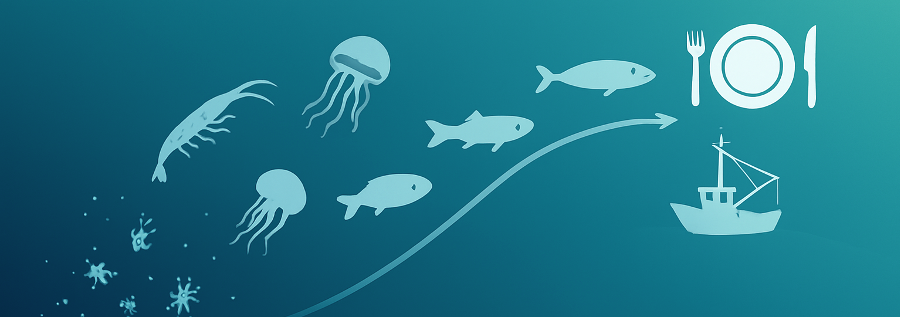
19th November 2025 at 18:00
19th November 2025 at 21:00
Sir James Matthews Building, Guildhall Square, Southampton
From Plankton to Plate: Exploring Marine Food Chains and the Future of Fish
Read more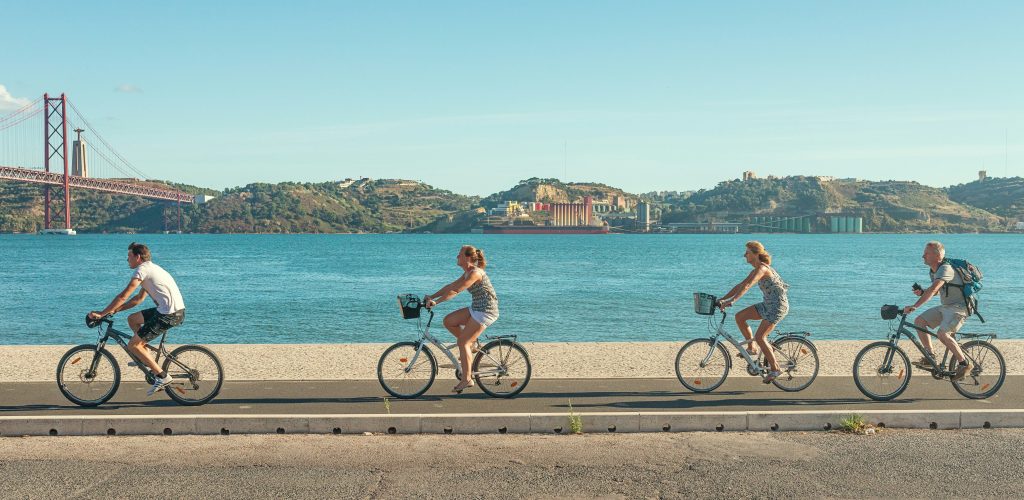
25th November 2025 at 12:30
25th November 2025 at 13:30
Online - TEAMS
iPACT Webinar: Accessing blue spaces for health and wellbeing
Read more
17th September 2025 at 14:00
17th September 2025 at 15:00
Online
Coast-R webinar: ‘Strategic Coastal Monitoring – a Resource for Resilience’
Read more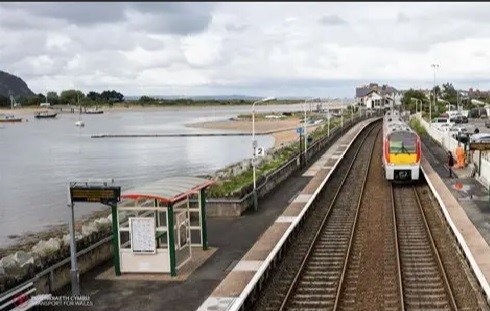
30th September 2025 at 12:30
30th September 2025 at 13:30
TEAMS
iPACT webinar: Transport, Sustainability and Well-being in the Context of Transformation in Wales
Read more
6th August 2025 at 12:00
6th August 2025 at 13:00
online
FLOOD CDT webinar: Global impacts of sea level rise to 2300
Read more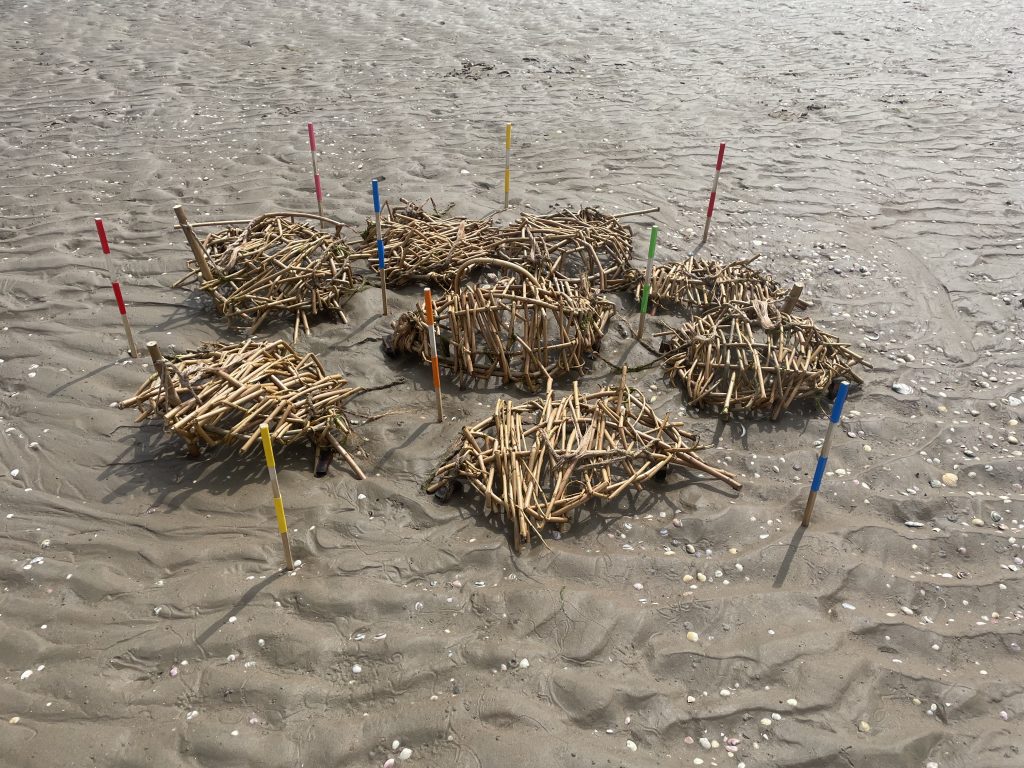
15th July 2025 at 14:00
15th July 2025 at 15:00
TEAMS
Coast-R Network Webinar “Crafting the Shore” 15 July 2-3pm
Read more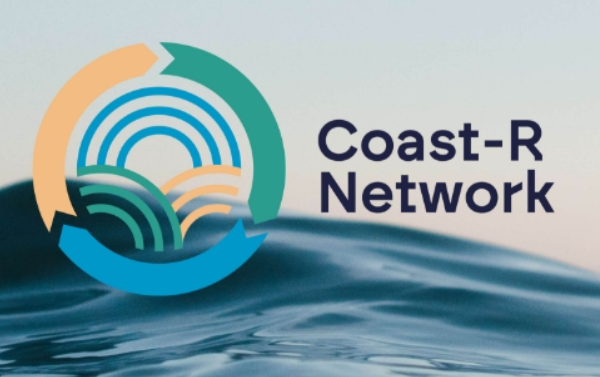
11th June 2025 at 14:00
11th June 2025 at 15:00
TEAMS
Coast-R Network Webinar – 11 June 2-3pm
Read more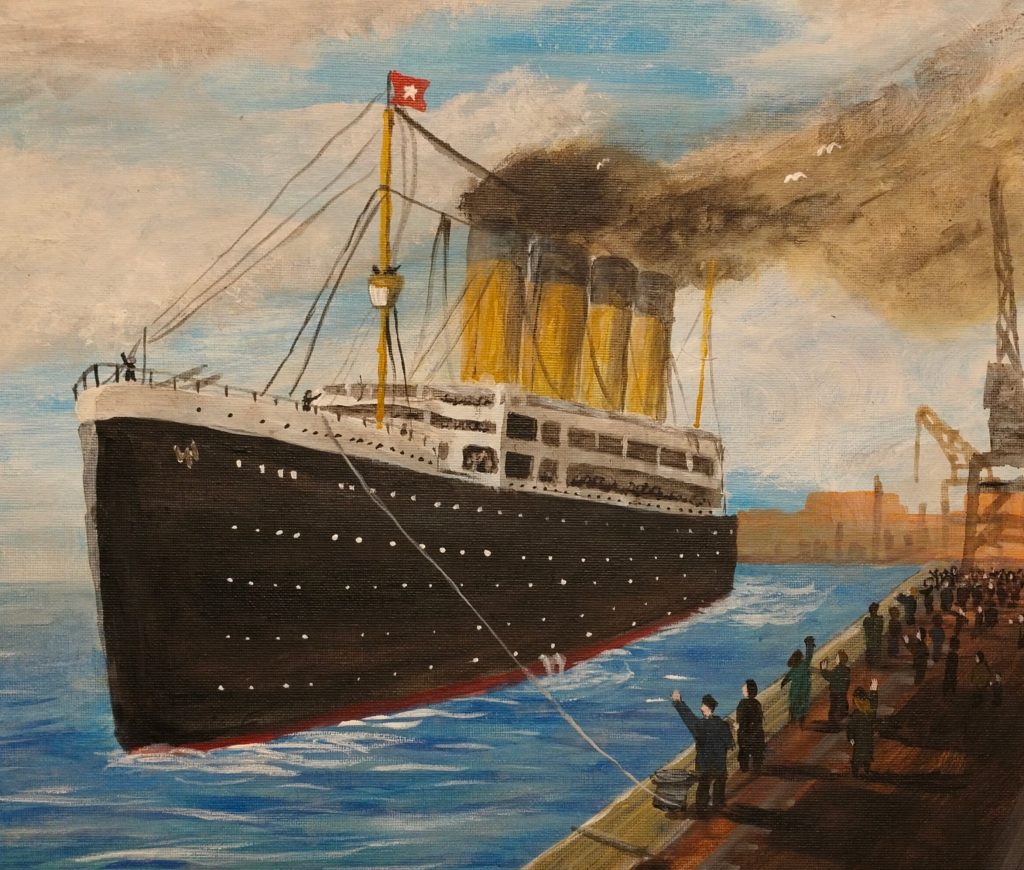
28th May 2025 at 19:00
28th May 2025 at 21:00
Sir James Matthews Building, Above Bar Street Southampton
Urban Wild – Into the Blue – Southampton’s maritime heritage, environment and innovation
Read more
14th May 2025 at 14:00
14th May 2025 at 15:00
Online TEAMS
Coast-R Webinar: Co-benefit solutions for resilient coasts, and ocean literacy strategies for engaging communities
Read more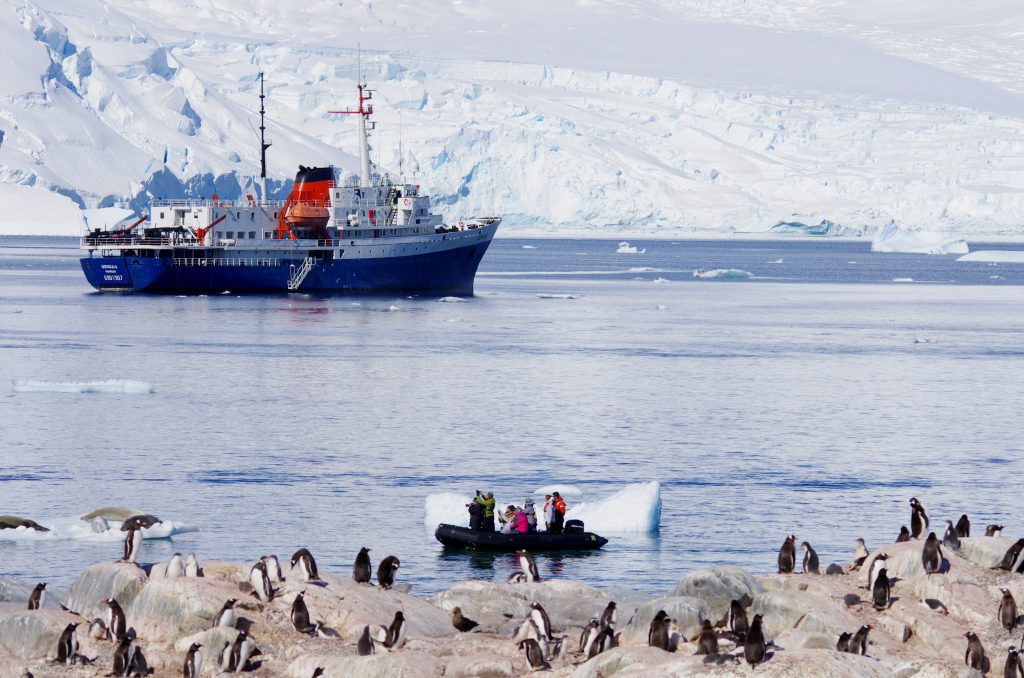
20th May 2025 at 12:30
20th May 2025 at 13:30
Online - TEAMS